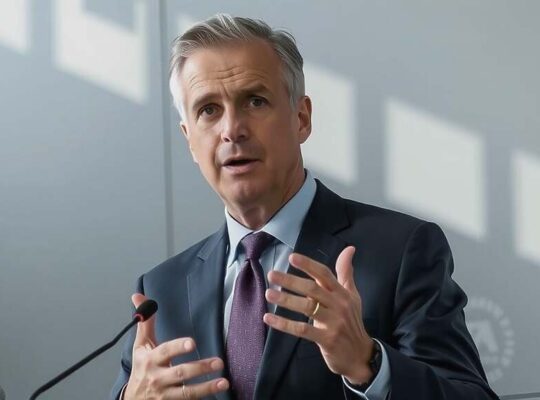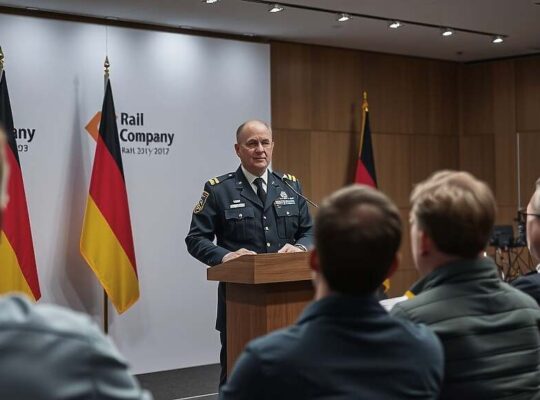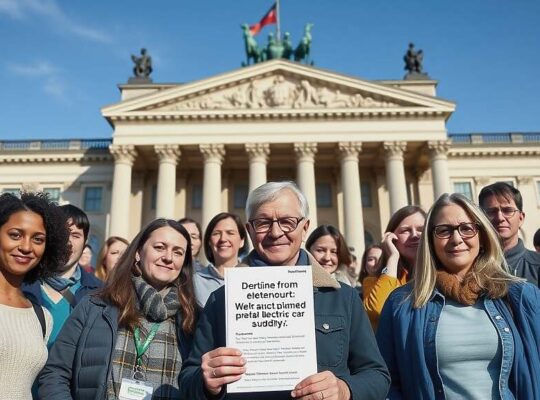ZF, a leading automotive supplier, appears to be navigating a period of intense internal and external pressure, revealing a complex interplay of cost-cutting measures, labor relations and calls for governmental intervention. Lea Corzilius, ZF’s Personnel Executive and Labor Director, recently stated that further austerity measures beyond the company’s recently unveiled €500 million savings plan are unnecessary for the struggling internal combustion engine (ICE) division. This declaration signals an attempt to draw a line under a year-long dispute between ZF’s executive board and employee representatives.
The savings program, presented just weeks ago, was intended to quell the tensions, but the underlying disagreements seem far from settled. Helene Sommer, First Authorized Representative of IG Metall Friedrichshafen-Oberschwaben, defended the sharp criticism leveled at the ZF board throughout the past year, emphasizing the crucial role of conflict in achieving meaningful resolutions. “Social partnership doesn’t mean avoiding conflict; often, a solution hinges on confronting those conflicts” Sommer asserted, seemingly justifying past public demonstrations and even more assertive forms of communication. She maintained that robust criticism is a necessary component of achieving resolutions that benefit employees.
Corzilius, while stressing the need for a constructive approach to governmental regulation, pinpointed specific areas where policy adjustments are critical for ZF’s viability. These include reducing bureaucracy, addressing energy costs and easing the burden of non-wage labor costs, particularly concerning the phasing out of internal combustion engines with a specific focus on plug-in hybrid vehicles. ZF is advocating for tax incentives specifically tailored to incentivize hybrid vehicle usage. “We’re committed to the CO2 reduction targets, but we want to revive the plug-in hybrid” she stated, highlighting the potential for a more nuanced approach to decarbonization.
The debate extends beyond internal restructuring, with both Corzilius and Sommer calling for improved industrial conditions. Sommer, however, firmly dismissed suggestions that IG Metall’s wage demands impede the progress of ZF and other companies. “We must empower companies to thrive despite high wages” she argued, adding that the metals and electrical industries have historically generated substantial profits. The central concern, she says, is ensuring the long-term competitiveness of the sector to sustain these high standards of living. This positions the current challenges not as a consequence of labor costs, but as a systemic issue requiring governmental support and a re-evaluation of regulatory frameworks to guarantee the industry’s ongoing success and safeguard employment.












